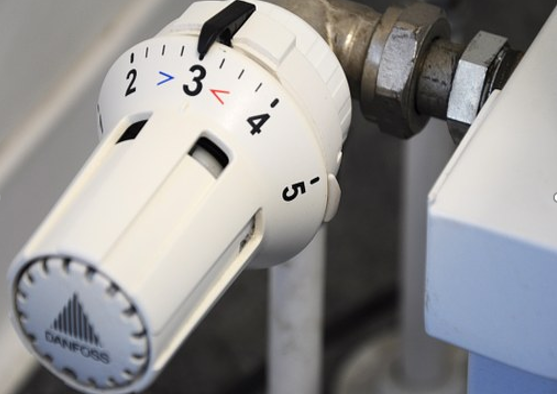 For many homeowners, the furnace is one of the ways to beat the cold season and improve comfort in your home. The heating system is inarguably among the most important things you can have in a home when winter strikes. However, not all heating systems are the same. Some have a higher capacity than others, whereas others are more energy-efficient, quiet, and easy to work with. This means that buying a new furnace for your home is a big decision, one that requires proper thought before making the final choice.
For many homeowners, the furnace is one of the ways to beat the cold season and improve comfort in your home. The heating system is inarguably among the most important things you can have in a home when winter strikes. However, not all heating systems are the same. Some have a higher capacity than others, whereas others are more energy-efficient, quiet, and easy to work with. This means that buying a new furnace for your home is a big decision, one that requires proper thought before making the final choice.
Furnace systems come in a wide range of types, sizes, capabilities, and features. When buying one, you will also want to settle on something that gives you value for your money at the end of the day. The last thing you want is a noisy or frequently problematic unit that probably spikes your energy bills and won’t stand the test of time. To help you make an informed decision, here are some things you should consider when buying a furnace.
Understand the Different Types of Furnaces
Furnaces either work solely to heat your home or as part of a central heating and cooling system. If it’s part of a central HVAC system, it can either be split or packaged. While packaged systems comprise both heating and cooling components in one unit, split systems have these as separate units. Some homeowners consider split systems to be a bit cumbersome. Depending on your preferences, budget, home design, and the available space, an HVAC technician can help you choose the best option for your home.
The Right Furnace Size
Proper sizing is a must when purchasing a furnace. The heating unit should be bought based on the size of your home and the space that needs heating. In addition to the physical measurements, furnace sizing takes into account the heating capacity of the unit. This is expressed in BTU/minute as well as the unit’s energy efficiency rating. Ideally, the higher the BTU/min number, the larger the furnace. Larger rooms often require a larger furnace.
In a nutshell, proper furnace sizing is paramount because if the unit is too small for your space, it ends up struggling to keep your home warm. If it is too large for your space, on the other hand, your comfort is affected as well. It ends up consuming too much energy, thus higher utility bills. In line with this, proper furnace sizing also helps when it comes to air filter replacement. As explained at filterbuy.com/resources/the-furnace-filter-size-issue/, knowing your furnace’s measurements helps make filter replacement easier. Furnace filters need to be replaced regularly to keep your indoor air clean and the furnace working effectively.
The Source of Fuel
By fuel source, the most common furnace options include the natural gas furnace, electric, and oil-powered furnaces. Solar-powered furnaces are also increasingly gaining popularity, even though some people categorize them under electric furnaces. Of all the three, the natural gas furnace is considered more economical. On the other hand, oil-powered furnaces are messier, noisier, and tend to require more room for storage. Nonetheless, they come in handy in areas without gas supply lines.
Lastly, the electric furnace is often costlier to purchase, and the operational costs are often higher due to the surging electricity prices. The good thing is that today’s electric furnaces are designed to be highly economical when it comes to electricity consumption. This is especially the case for those that come with programmable thermostats and other features.
Zoning Systems
Depending on various factors revolving around the location and construction design, the heating and cooling rates may vary in different parts of your home. This means that where you place your thermostat (the component that helps regulate temperature) matters a lot. It is why some people experience hot spots and cold spots in their homes. Some end up using more energy than necessary to keep their homes warm or cool.
To solve this problem, you may want to consider having a zoning system when purchasing a furnace. This basically means having different thermostats for different parts of your home, often called “zones”. Zoning helps keep your heating bills manageable without hurting your home’s comfort

Lastly, you need to consider pricing and warranty. You can’t afford to overlook your budget and value for money when purchasing a new furnace. In addition to the purchase price, you should also consider other costs such as installation, additional fixtures, renovations, and maintenance. Most registered furnaces come with a 10-year warranty for parts, which could cover for certain repairs as specified by the manufacturer. To get the best deal, be sure to shop around, read reviews, and work with a reputable HVAC contractor before making the final decision.
Become a Harlem Insider!
By submitting this form, you are consenting to receive marketing emails from: . You can revoke your consent to receive emails at any time by using the SafeUnsubscribe® link, found at the bottom of every email. Emails are serviced by Constant Contact








